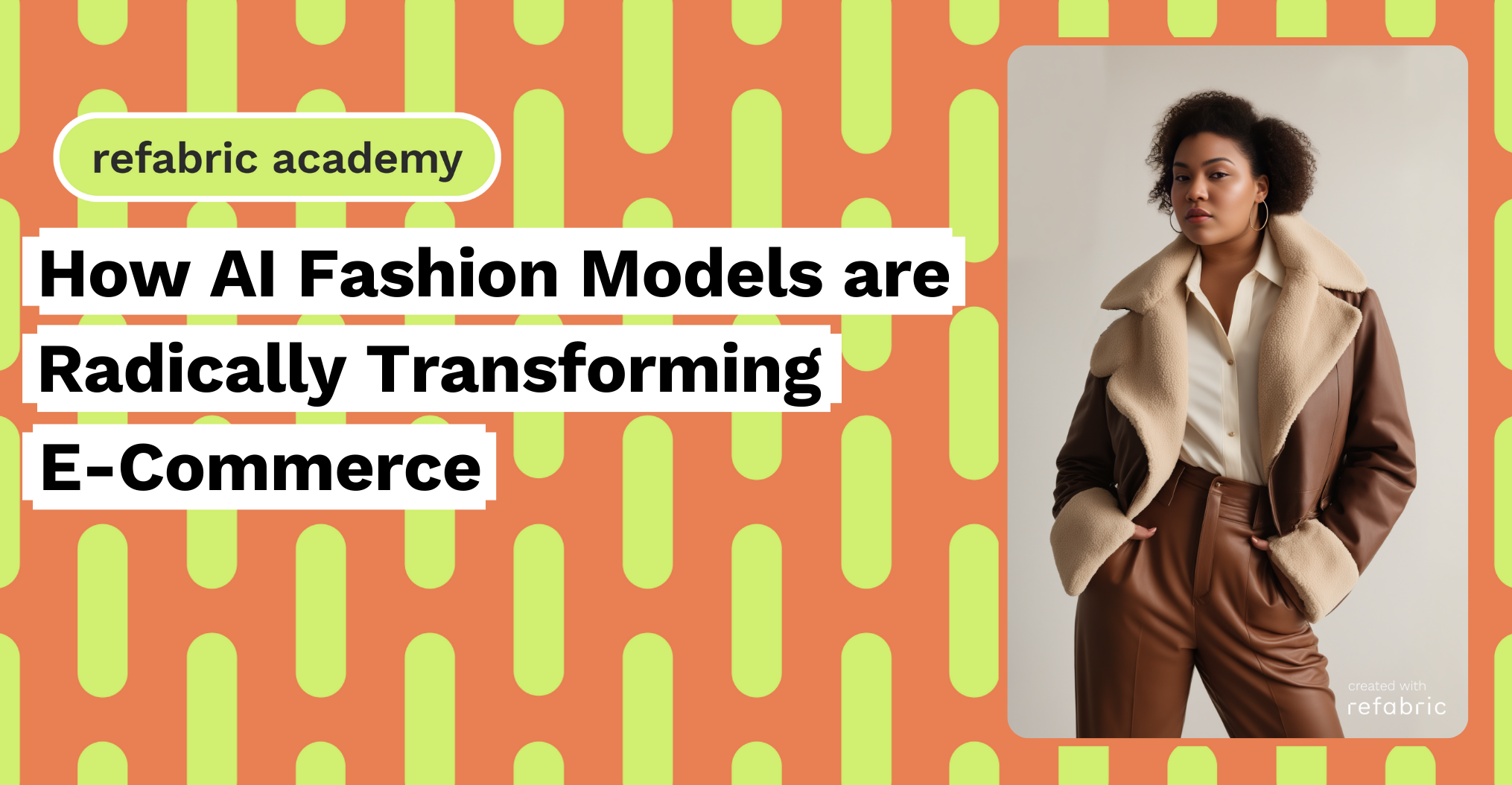The rapid advancement of artificial intelligence (AI) has permeated nearly every sector, and AI fashion models are at the forefront of revolutionizing fashion e-commerce. One of the most groundbreaking developments in this space, AI fashion models are transforming how online retailers showcase clothing designs. These virtual models offer cost-effective, customizable, and scalable solutions that not only improve the customer experience but also streamline the entire e-commerce process. As traditional photoshoots are being replaced by digital alternatives, the impact of AI fashion models on the fashion industry is becoming increasingly evident.
Cost-Effective Solutions
Photoshoots featuring human models are expensive. From hiring professional models, makeup artists, stylists, photographers, and videographers to renting studios and post-production editing, the costs quickly add up. For e-commerce brands, especially smaller businesses, this can be a significant financial burden.
AI fashion models provide a more cost-effective alternative. With advanced fashion AI technologies, fashion retailers can generate realistic, high-quality images of clothing designs on virtual models at a fraction of the cost. These AI models can be tailored to fit any size, body shape, or style, without the logistical challenges of traditional photoshoots. For brands, this means fewer overhead costs, reduced dependence on physical resources, and a more budget-friendly solution for showcasing collections.
In the past, it was necessary to photograph each clothing item on multiple models of different sizes, a time-consuming and costly process. Now, AI models can automatically simulate different body types, eliminating the need for repetitive shoots while giving customers a more inclusive and diverse shopping experience.
Customization at Scale
Another key advantage of AI fashion models is their ability to be fully customized to fit a brand’s aesthetic and target audience. Retailers can create AI models with diverse appearances—skin tones, body shapes, hair colors, and facial features—ensuring a more inclusive representation of beauty. This level of customization allows brands to resonate with wider audiences while avoiding the constraints of casting limited numbers of human models.
Moreover, AI models can be adjusted in real-time to showcase different styles or trends. Whether a brand is introducing a seasonal collection or catering to a specific market, these virtual models can adapt quickly to showcase the right look for each item. This flexibility is especially important for fast fashion brands that need to respond to trends rapidly.
For example, a clothing item can be displayed on AI models of various body types and sizes to help consumers visualize how the piece will look on someone similar to them. This personalized shopping experience enhances the connection between the brand and the consumer, leading to increased customer satisfaction and reduced return rates.
Scalability and Efficiency
One of the most transformative aspects of AI fashion models is their scalability. Traditional photoshoots can be time-consuming, with numerous logistics involved in organizing casting, shooting, and post-production. With AI fashion models, however, e-commerce brands can generate vast amounts of high-quality imagery in a short time, making it much easier to scale product listings and launch new collections.
AI models can showcase different outfits, change poses, or reflect various environments without requiring a physical presence or additional manpower. This scalability allows brands to quickly update their online stores with new collections and experiment with how products are presented. Additionally, retailers can efficiently test which styles perform best without needing to reshoot or restyle clothing on live models.
By reducing the time spent on manual processes, AI fashion models streamline workflows for fashion brands. Designers and e-commerce teams can focus on perfecting their products rather than being bogged down by logistical challenges. This efficiency also makes it easier to maintain consistent branding across product pages and marketing campaigns.
The Future of E-Commerce with AI Fashion Models
The rise of AI fashion models represents a significant shift in how the fashion industry approaches e-commerce. As online shopping becomes more prevalent, virtual solutions will only become more sophisticated. For brands, integrating AI fashion models into their workflows allows them to offer consumers a more dynamic and engaging shopping experience while cutting costs and improving efficiency.
In addition, as fashion AI continues to evolve, fashion e-commerce platforms will likely incorporate more interactive features such as virtual try-ons, augmented reality (AR), and 3D modeling. These innovations will provide customers with a highly immersive experience, enabling them to view garments from every angle, experiment with different styling options, and make more informed purchasing decisions.
The use of AI fashion models is not just a cost-cutting measure—it’s a way to revolutionize how fashion brands connect with their customers in a digital age. As e-commerce becomes more competitive, AI-driven solutions like virtual models are setting new standards for inclusivity, personalization, and scalability in fashion retail.
Cutting-edge generative AI-powered software systems like Refabric offer a diverse portfolio of AI fashion models that are set to revolutionize how fashion brands conduct photoshoots. With its brand-new photoshooting feature, Refabric allows brands to create realistic, high-quality images of their products on AI-generated models, tailored to different races, genders, and body sizes. This innovation promises to streamline the fashion cycle, from design to marketing, while offering sustainable and cost-effective solutions.
To wrap up, AI fashion models are transforming the clothing e-commerce landscape by offering cost-effective, customizable, and scalable solutions. By eliminating the need for expensive photoshoots, providing endless customization options, and enabling fast, efficient product launches, AI fashion models are helping fashion brands adapt to the rapidly changing demands of online retail. As technology advances, AI models are poised to become an integral part of fashion’s digital future, shaping the way we shop and experience clothing in the years to come.
